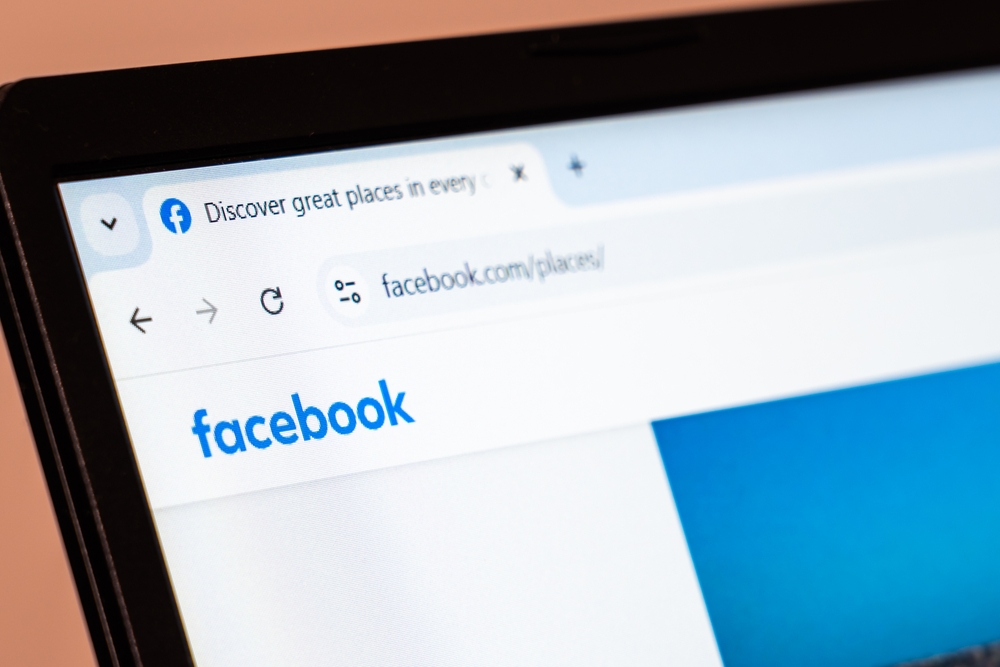A trial began on Monday, April 14, over allegations that Meta created an illegal monopoly on social media by acquiring Instagram and WhatsApp. As a result, U.S. antitrust authorities are aiming to overturn those deals, Reuters reports.
The U.S. Federal Trade Commission (FTC) originally sued Meta—then Facebook—in 2020 during Donald Trump’s first term in office. The lawsuit argues that Meta’s acquisitions of Instagram in 2012 and WhatsApp in 2014 were aimed at eliminating emerging competitors that posed a threat to Facebook’s dominance in the social media space.

Arguments From Both Sides
Meta CEO Mark Zuckerberg is expected to testify in court regarding emails in which he proposed acquiring Instagram to neutralize a potential competitor, as well as emails expressing concern over WhatsApp possibly evolving into a social network. In response to the allegations, Meta claims the acquisitions were ultimately beneficial for users and are no longer relevant due to the competitive pressure from platforms like TikTok, YouTube, and Apple’s iMessage.
For instance, when TikTok experienced a brief shutdown in the U.S. in January, traffic to Instagram and Facebook rose immediately—a sign, Meta argues, of an actively competitive market. We’ll keep you updated as the trial progresses and more information becomes available.
FTC’s Position and Broader Implications
The FTC contends that apps such as X, TikTok, YouTube, and Reddit are not direct competitors to Meta, as they function differently—primarily broadcasting content to strangers rather than sharing information with friends and family. According to the agency, Meta’s closest U.S. competitors are Snapchat and the smaller, privacy-focused MeWe, giving Meta a de facto monopoly in a specific segment of the market.
The trial is set to formally begin in July. If the FTC wins, a second trial will be held to determine whether forcing Meta to divest Instagram or WhatsApp would restore competition.
Industry experts warn that selling Instagram could result in a significant financial loss for Meta, as the platform is a major source of advertising revenue, notes NIX Solutions. According to a forecast from Emarketer, Instagram is expected to generate $37.13 billion in U.S. ad revenue this year—more than half of Meta’s total U.S. ad earnings. While WhatsApp is not as lucrative, it offers access to a large user base, which Meta hopes to monetize further, especially through chatbot-based “business messages.” Zuckerberg has suggested that this feature may drive the company’s next wave of growth.
This case is one of five active lawsuits in which the FTC and the U.S. Department of Justice have accused large tech companies of illegal monopolies. Other lawsuits target Amazon, Apple, and Google, with another Google-related trial scheduled to begin next week.
